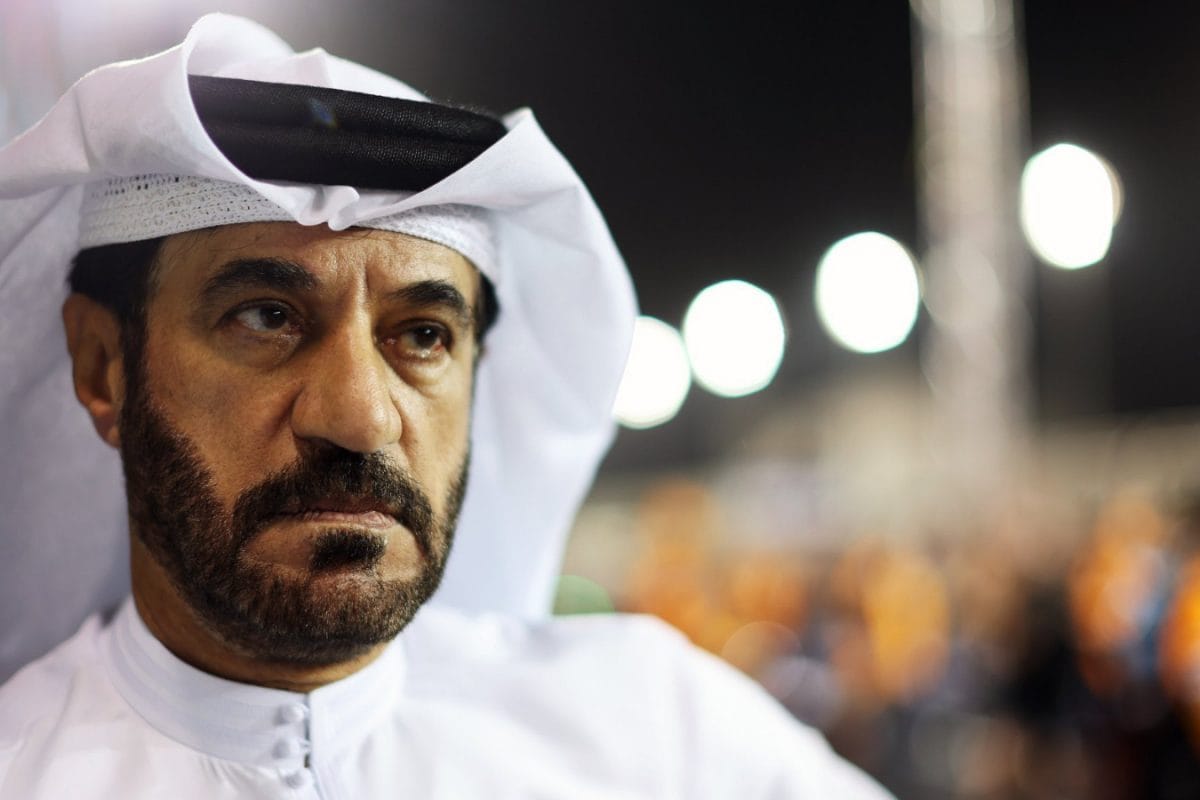

The Austrian Automobile Association (ÖAMTC) has launched a scathing attack against the Fédération Internationale de l'Automobile (FIA) and its president, Mohammed Ben Sulayem, urging member clubs to reject proposed statute changes. These changes, slated for a vote at the FIA General Assembly in Macau on Thursday, June 13, 2025, have ignited concerns about the governing body's credibility, transparency, and democratic integrity.
In a strongly worded letter addressed to members of the World Council for Automobile Mobility and Tourism (WCAMT), the ÖAMTC voiced its opposition to the proposed amendments, warning of dire consequences if they are adopted. The Austrian club fears that these changes will not only damage the FIA's reputation but also limit opposition to Ben Sulayem's re-election bid, as his first term comes to an end in December 2025.
The ÖAMTC's primary concern revolves around a specific rule change that would make it more difficult for potential candidates to challenge Ben Sulayem's presidency. With the election just months away, the timing of these proposed changes raises suspicions about a potential power grab by the current administration. The ÖAMTC argues that even the appearance of self-interest could inflict lasting damage on the FIA's standing.
The Austrian club is urging FIA members to either vote against the changes or request more time for thorough analysis. They emphasize that there is no urgency to push through these amendments, which risk further eroding the FIA's reputation for competent and transparent governance. The ÖAMTC's letter underscores the importance of ensuring that any changes to the FIA statutes benefit the organization as a whole, rather than serving the political ambitions of its leadership.
Beyond the specific concerns about the election process, the ÖAMTC's letter highlights a broader unease about the FIA's internal governance and transparency. The club argues that the FIA has entered a "dark period of democratic backsliding," with recent actions inviting comparisons to political leaders who dismantle checks and balances. The ÖAMTC points to instances where dissent has been suppressed and internal debate stifled, leading to a malfunctioning system of governance.
Specifically, the letter refers to "personal contractual commitments" demanded of FIA officers, which include punitive financial penalties of up to €50,000 for breaching strict confidentiality terms. The ÖAMTC argues that these demands exist outside the FIA's statutes, governance terms, internal regulations, and employment law, raising concerns about the governing body's internal methods.
Ben Sulayem, who has faced numerous controversies since taking office in 2021, has defended the proposed statute changes as necessary to strengthen the FIA and ensure access to the best people possible. However, critics remain unconvinced, pointing to a pattern of governance missteps and failings that have already damaged the FIA's credibility.
The ÖAMTC's intervention adds another layer of complexity to Ben Sulayem's already turbulent presidency. In recent months, the FIA president has faced scrutiny over alleged interference in race results, accusations of "gagging orders" to senior racing officials, and concerns about his management style. With the FIA General Assembly in Macau looming, the future of the governing body and its leadership hangs in the balance.